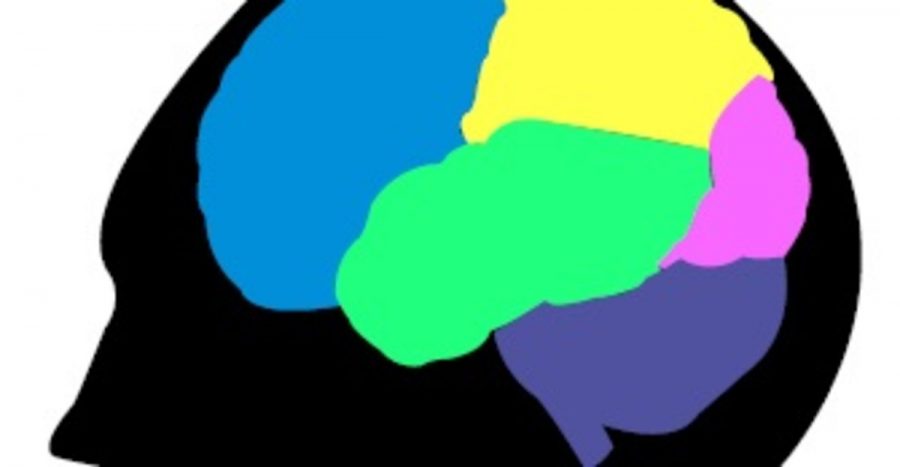Just great…
‘Another’ discovery made by scientists
There appear to be regional differences in sarcasm. Northerners are more likely to suggest sarcastic remarks when asked to fill in dialogue in a conversation. They are also more likely to think sarcasm is funny.
April 20, 2015
I am not sarcastic. I am just intelligent beyond your understanding.
Suuuuuure you are.
Scientists are finding the ability to detect sarcasm extremely useful. Yeah right, and I am the tooth fairy. No, really. For the past 20 years, researchers have studied people’s ability to perceive snarky remarks, hoping to understand how the mind works.
“I heard they found that exposure to sarcasm enhances creative problem solving,” freshman Julia Kolnicki said.
Scientists have discovered that sarcasm exercises the brain more than genuine statements. This extra work makes it sharper.
In a study done in Israel, college students listened to complaints to a cellphone company’s customer service line. They were able to solve problems more creatively when the complaints were sarcastic.
As psychologist Ella Miron-Spektor told Pacific Standard Magazine, “Sarcasm appears to stimulate complex thinking and to attenuate the otherwise negative effects of anger.”
It is for this reason that stroke patients cannot perceive sarcasm.
Researchers looked at 24 people who had experienced a stroke in the right hemispheres of their brains, looking at MRI brain scans of these patients. The participants took a sarcasm test, identifying which sentences spoken were either sincere or sarcastic.
Controlling for age and education level, the scientists found that those with damage to the right sagittal stratum had trouble recognizing sarcasm. This tract connects the thalamus, which processes auditory and visual information, and the frontal cortex, important for making decisions.
The participants that had significant damage to this structure only identified about 22 percent of the sarcastic comments correctly. On average, the general population can identify 90 percent of the sarcastic comments correctly.
“These people had no problems in hearing and understanding words, but often misunderstand the meanings of sarcastic quips, because they struggle to recognize a speaker’s facial expressions, emotions and intent,” neurology professor Dr. Argye Hillis told Fox News.
Hillis believes that sarcasm is a complex way to communicate. First, the person has to understand the literal meaning of what someone says. This is interpreted by the left hemisphere language cortices of the brain.
Then, they have to be able to detect the components of sarcasm including a wider range of pitch, greater emphatic stress, briefer pauses, and lengthened syllables. This is processed by the frontal lobes and right hemisphere.
The right ventromedial prefrontal cortex combines the literal meaning and the components detected to help the person understand the true meaning of a statement.
As suggested by neuropsychologist Katherine Rankin, an inability to perceive sarcasm may be an early warning sign of brain disease.
“Conditions like autism and schizophrenia can get in the way of the ability to understand sarcasm,” Kolnicki said.
Future research may find ways to help people with damage to the right sagittal stratum regain the ability to recognize sarcastic cues.
Or, those people could just get a sarcasm detection device. Now, scientists can program a computer to recognize sarcasm. Last year, computer scientists in Jerusalem developed a “semi-supervised algorithm for sarcasm identification.”
It was able to catch 77 percent of sarcastic statements in Amazon purchaser comments.
In 2006, the University of Southern California’s Signal Analysis and Interpretation Laboratory announced that their “automatic sarcasm recognizer” was able to recognize sarcastic versions of “yeah, right” in recorded telephone conversations more than 80 percent of the time.
According to The Smithsonian, the researchers suggest that a computerized phone operator that understands sarcasm can be programmed to “get” the joke with “synthetic laughter.”
That would be soooooo useful. Yeah, right.







